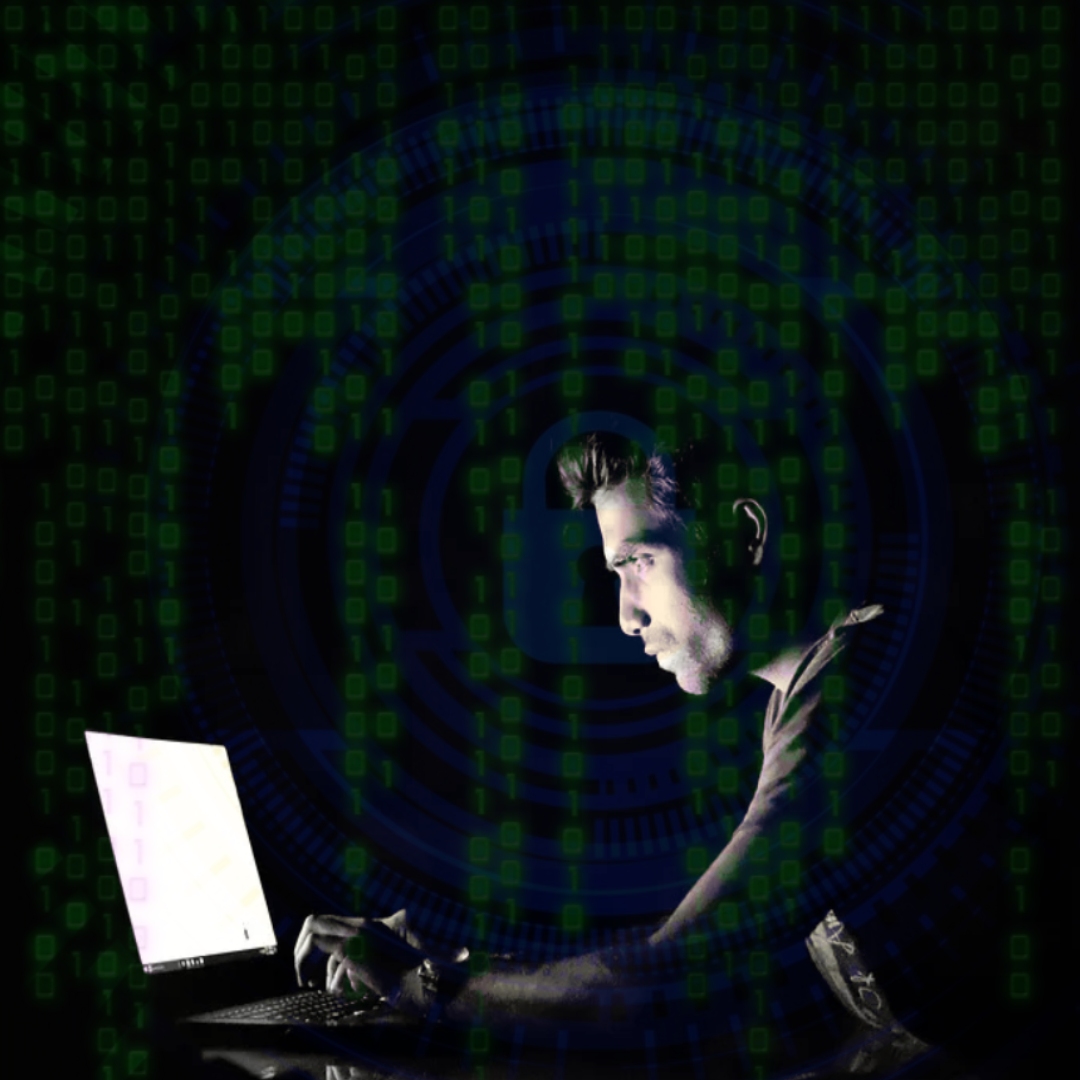Freedom On Net Report 2021: India Criticised For Internet Shutdowns, New IT Rules
Writer: Abbas Rizvi
He is a voracious reader who likes to read about the world. Research and Fact Checking are his area of work. He likes to think before speaking.
India, 24 Sep 2021 1:24 PM GMT
Editor : Ankita Singh |
A literature lover who likes delving deeper into a wide range of societal issues and expresses her opinions about the same. Keeps looking for best-read recommendations while enjoying her coffee and tea.
Creatives : Ankita Singh
A literature lover who likes delving deeper into a wide range of societal issues and expresses her opinions about the same. Keeps looking for best-read recommendations while enjoying her coffee and tea.
The report criticises India in the way they have put various obligations under new IT rules and internet shutdowns during the farmers protest earlier this year.
" New laws put free expression online at risk for internet users, " stated a latest report. These lines are from the latest edition of the 'Freedom on the Net' report 2021, talked about 24 countries that had passed new rules or laws governing how platforms treat content one of them is India the report notes.
The report has mentioned how the Indian government has dealt with the social media platform Twitter over the past year. The report describes Indian officials having pressurised Twitter to remove content that criticises the government itself, related to how it has handled the Covid-19. The Indian government ordered Facebook, Twitter, and Instagram to remove content criticising authorities handling a deadly surge in Covid-19 infections throughout the spring, especially during the second wave.
What 'Freedom On the Net' Means
Freedom on the Net report is an annual report that analyses human rights status on various digital platforms. This year's organisation released its 11th edition, which covers June 2020 to May 2021 period. It accounts for 88% of global internet users in its assessment of 70 countries. During the assessment, 39% of users fall under the NOT FREE category, 28% are PARTLY FREE, 21% are FREE, and 12% are NOT ASSESSED. Global internet freedom has declined for the 11th consecutive year. In context to India, the report criticises the Modi government vis-a-vis digital regulation on various accounts, the new IT Rules, and internet shutdowns.
New IT Rules Criticized
The report describes the New IT Rules ( Intermediary Guidelines and Digital Media Ethics code ) are one of the "most detailed initiatives during this report's coverage period." It details mandates for a grievance redressal mechanism, deployment of AI-based moderation tools and the appointments of three new local officers, including a chief compliance officer, under the section named 'Problematic obligations to removing content.' The report acknowledges the improvement and the rules made for companies having at least five million users to notify users when their posts were removed, provide an apparent reason and an avenue for appeal, and go into its limitations in more significant detail. The report also says rules that say banning content goes against the nation's integrity and sovereignty or public order are defined vaguely.
The report also discusses the recent friction between Twitter and the Union government during the Farmers Protest in 2021. Twitter had reversed its decisions to fully comply with the IT rules when the government asked them to take down posts by journalists and political opponents, which criticises the government. After which Twitter faced police inquiries, threats that its employees would be charged with crimes and a visit to its offices, the report says. The report also pulls up the section of IT rules which call for social media intermediaries to disclose the first originator of content in cases related to state sovereignty and integrity, public order and sexually explicit content, and the report says it will force companies to remove end-to-end encryption," undermining the privacy and security protections on which companies, users and governments have come to rely".
Internet Shutdown Capital
The report titled 'Free Expression in danger' notes that India is among the 20 countries that shut internet for a section of society this year. The report talks about the repeated internet shutdowns in Delhi in January and February of this year." One shutdown in Delhi affects more than 50 million mobile subscribers", the report notes. The report also discusses banning Chinese apps amid tensions between the two countries on the Line of Actual Control (LAC) in 2020. The report notes that it shows "how geopolitical tensions can erode free expression and access to information."
The report also included a section on the proliferation of spyware surveillance, noting that authorities of 45 of the 70 countries examined have been suspected of having access to sophisticated spyware, including the NSO Groups Pegasus software, among others such as Cellebrite, Circles and Finisher.
Also Read : Adopting A Child In India? Here Is All You Need To Know
 All section
All section














